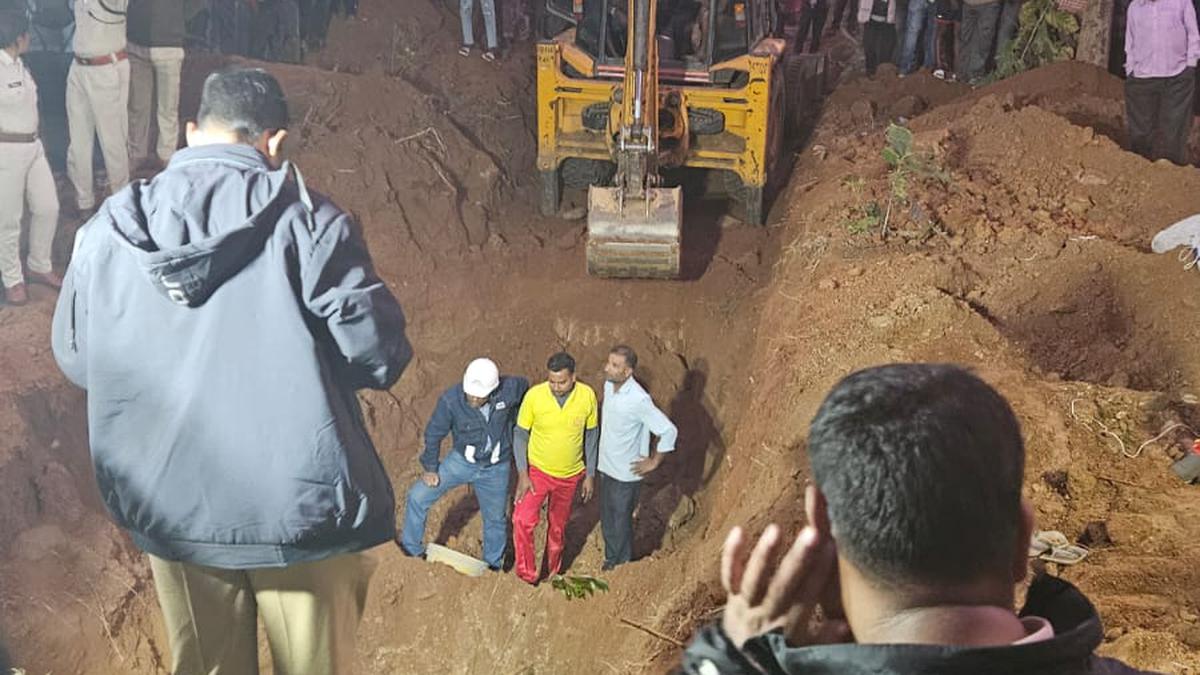
New-born baby dumped in borewell rescued in Odisha
The Hindu
Odisha's disaster response force successfully rescued a newborn baby girl from an abandoned borewell. The 6-hr operation involved personnel, doctors, and admin. A camera was flown in to monitor the baby's health.
In a complex and incredible operation, Odisha’s disaster response force personnel successfully rescued a newborn baby girl from an abandoned borewell in Sambalpur district, 300 km from here on Tuesday.
The baby was believed to have been dumped in the borewell. The difficult operation involving disaster response force personnel, doctors and administration had spanned over six hours. During the rescue period, the baby was crying intermittently while doctors were closely monitoring the situation.
The rescue effort resembled dramatic movie scenes with a victim location camera flown in from the State capital Bhubaneswar to Jharsuguda. The camera gave exact information about the health condition of the baby who was trapped approximately 13 feet below the ground in the borewell.
During these anxious moments, doctors were ascertaining the condition only through the crying of the baby. The baby was stuck in inverted position with head directed downwards.
Around 3 p.m. on December 12, people heard the crying of the baby at Laripali village near the Rengali area of Sambalpur district. Soon fire service personnel and earth-movers were deployed for the rescue operation.
“The rescue operation was very delicate. We had dug a parallel opening to reach out to the borewell pipe in consultation with experts. The baby was stuck at 13 ft below the surface,” said Mukesh Kumar Bhamoo, Sambalpur Superintendent of Police.
As the temperature was plummeting fast, doctors first dropped down an electric bulb to heat up the space around the baby. Doctors said it helped address the condition of Hypothermia, which is a medical emergency when body loses heat, leading to fatal low body temperature.

The original physical flashcards, a tool to help children recognise and learn about 40 common Indian birds, was the first product created by Early Bird back in 2016, says Garima Bhatia, Programme Manager of Early Bird, a project of the Nature Conservation Foundation (NCF). “The flashcards were designed by Thoughtshop Foundation, a Kolkata-based design group and are now available in four languages — English, Hindi, Tamil, and Kannada,” she explains.










